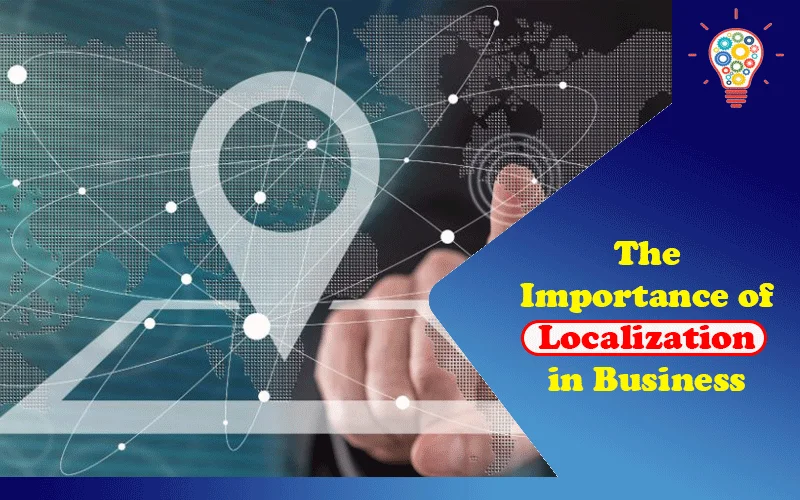The term “business” is wide-reaching. It refers to any individual, company, enterprise, or organization that operates to make a profit. In this respect, a business thus sells a product or service to someone else, is paid for it, and thus has revenue.
In today’s global marketplace, many businesses, small-to-large, have understood that remaining competitive means moving into foreign markets where they can compete for a much larger revenue base. Large enterprises have set up shop in foreign countries (e.g., Bank of America); small-to-medium businesses have reached out through translation and localization of their websites, their apps, their marketing campaigns, their social media strategies, and more; the entertainment industry (e.g., movies, gaming, literature) continues to expand globally as well.
Any business looking to expand to a foreign market must have a clear plan for doing so. Part of that plan is to ensure that all content for any foreign audience is not just translated, but also localized for that foreign audience.
Table of Contents
Translation Vs. Localization
Everyone understands the term “translate.” “Localize,” though, is quite another matter. Mere translation of any type of business content, often accomplished by machines, will not be enough to engage a foreign audience. In fact, in some cases, it may offend. Localization means that a business has done the following:
- Conducted market research to determine if a foreign audience has a need for the product or service being offered
- Determined which types of content must be translated into a specific language and if there are local platforms (e.g., social media) where that content should be published
- Found a native of the target country/region to not only translate content but also ensure that the content will be appropriate for the target audience in colors and typography, in idiomatic expressions, in images, and more.
- Have developed a plan to obtain user feedback, so that the content can continue to be improved for great audience engagement and response.
- Determined the value of mobile app development for certain audiences. In many countries, consumers of products/services use their mobile devices exclusively. To understand this further, business owners should check out the article, “The Importance of mobile app localization: Part 1.” It will provide valuable information about mobile app localization and how to determine its importance for a variety of foreign audiences.
Finding the Right Localization Individual/Service
As already stated, localization is not an activity that is accomplished by machine translations. If an entrepreneur or business chooses to use automated translation, this will only be the first step in preparing any content for a foreign audience. And here’s why:
First, automated translation tools are far from perfect, although they are improving. Second, automated translation will provide an exact or “literal” translation of everything. It will not take into account, for example, what an exact translation might mean for a foreign audience. Large enterprises have made mistakes here. The American Dairy Association, for example, performed a literal translation of its slogan, “Got milk?” into Spanish. In that language, it meant “Are you lactating?” Clearly, localization was lacking.
Once machine translation has been used, it will be time to find an individual or service to perform editing, proofreading, and, most important, localization. Using certified translation services USA is a good place to begin. While these are American-based services, they offer translation and localization in a multitude of language pairings and will use only experts who are native to the target language.
The human element is key to successful localization. And a native of the target language will be able to do the following:
- Ensure that expressions in the source language are appropriate for the target language, and change them as necessary
- Review all content for cultural appropriateness – certain colors may be offensive; some images may be as well; conversations (e.g., in movies, games, etc.) may need to be re-written to make sense and be appropriate for the target audience
In short, there is just no substitute for a native-speaking human, if localization is to be successful and gain results that appeal to your target audience. And when that target audience can receive valuable information and then make purchases in their own language (and currency), they are simply more comfortable.
The World is Shrinking
There are very few of us who have not purchased products or services from a foreign business. We may have used the software development services of a company in Ukraine; we may have purchased clothing or tech gear from companies in China or other parts of Asia. We conduct these transactions in our native language because those companies have realized the value of localization. Let this be a lesson for any company looking to expand its market in foreign countries.
Author Bio: Elizabeth Baldridge is a freelance writer, researcher, and blogger on all things related to business, economics, and communication. She has traveled globally in her work over the past five years. When at home, she dives into gourmet cooking and supports animal rescue efforts.
Read Also: How You Can Validate a New Business Idea

